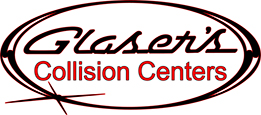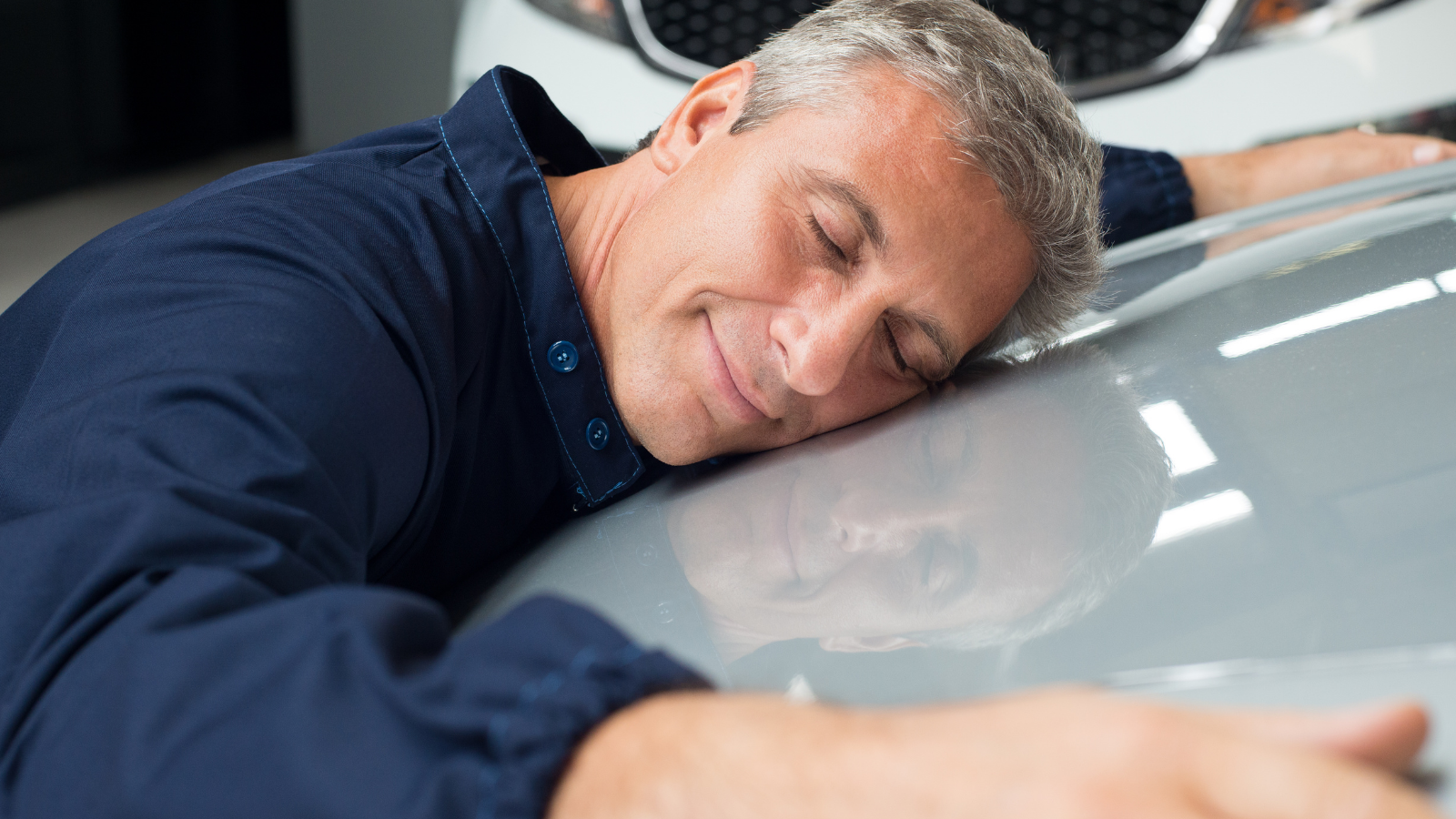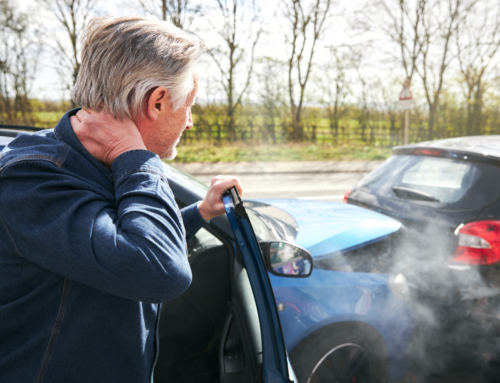We have always been taught that periodically we need to change the oil, balance the tires, check the air filter, and have the car serviced at the appropriate mileage noted in the handbook. But there are several car care tips we weren’t taught that can really put stress on our vehicles. You’ve made a big investment purchasing or even leasing a car, so you want to keep that car running as long as possible.
Take note of these car care tips to help care for your investment!
Use the Parking Brake
Engage the parking brake every time you park. It doesn’t matter if you’re on a hill or a flat parking lot, or whether you drive an automatic or manual transmission. Not engaging the parking brake puts the entire weight of your vehicle on a little piece of metal in the transmission called the parking pawl. Using the parking brake evens the load, helping the transmission components last longer.
Don’t Let the Gas Run Low
Pushing off filling your gas tank because you are too busy can have a long-term effect on a car’s fuel system. Many fuel pumps keep cool by staying submerged in the fuel in the tank, so if you’re regularly running at a quarter full or less, you risk speeding up the need for a fuel pump replacement. It only takes a few minutes to fill up and it’s less time than it would take to wait for the fuel pump to be replaced.
Don’t Rev the Engine Before it’s Warm
Might seem logical that if you rev your engine it will warm up faster but in fact, that could cause damage to your engine. Letting your car sit for a minute or two right after it starts is a good idea. It helps distribute oil throughout the engine and get the engine block and engine oil up to temperature. Cold revving causes abrupt temperature changes that create stress between the engine’s tight-fitting components. Giving your car 60 seconds is plenty of time to warm up before you get on the road.
Resist Full-Throttle Acceleration
Nothing like the feeling of a full-throttle acceleration down the fast lane on the highway! But the stress on your drivetrain components and when mashing on the brakes to slow down isn’t good for your car. Hard acceleration also burns a ton of fuel while full-force stops cause rapid wear to the brake pads and rotors. Resist the urge to “floor it” or you’ll be sitting still while your car is having service work done.
Brake Before Shifting from Reverse to Drive
Seems so easy when backing out of a parking space to quick shift from reverse to drive. This might not seem so bad in the moment, but over time sudden direction changes like this can really damage your drivetrain. Instead, come to a complete stop before switching. It only adds a second of time and it will save you from future engine, transmission, or axle damage.
Don’t Ride the Brakes Downhill
Sometimes going downhill, you ride the brakes to keep from going too fast. But this causes heat to build up in the brake pads and rotors, causing wear and increasing the risk that they will overheat or warp. Slowing the car, shift gears to a lower speed. Automatic transmissions can shift from ‘D’ down to ‘3’ to achieve a slower speed.
The natural decompression that occurs in the drivetrain will help keep the car at a safe speed. That way, if you do need to hit the brakes, you’ll find they’re more effective.
Keep Your Car Weight Low
Just like our bodies, the more it weighs the more stress is placed on it. For your car, the extra weight stresses the drivetrain, suspension, and brakes, and the more fuel it consumes. Maybe you’ve done a clean-out at home and loaded your car to donate the items. Make sure you drop off and lighten the load of your vehicle as soon as you can. It might only be a few less pounds but that could give you an extra mile on a tank of gas which in the long run can make a difference. There are necessities you need in your car but overall do what you can to keep your car as light as possible.
Listen to Your Car
You drive your car every day and you know what it sounds like. Listen for those strange vibrations, intermittent squeaks, occasional knocks, or other unusual symptoms. Chances are your car is trying to tell you to get it inspected. Some sounds seem innocent, but others could cause major problems if you wait too long to fix them. We don’t want you stranded on the side of the road.
Glaser’s Collision Centers wants to make sure you are safe on the road. Whether ensuring you have quality auto body repairs if you’ve had an accident or that your car is in its best service condition. We hope these car care tips help and we are here to help provide the information you need.
Spring car care tips – click here
Spring break car care tips – click here


















Leave A Comment
You must be logged in to post a comment.